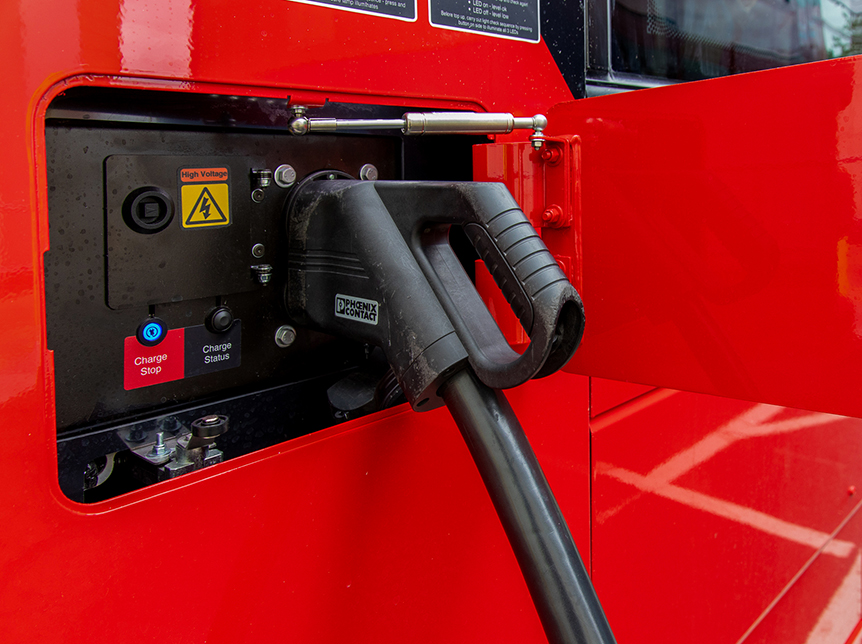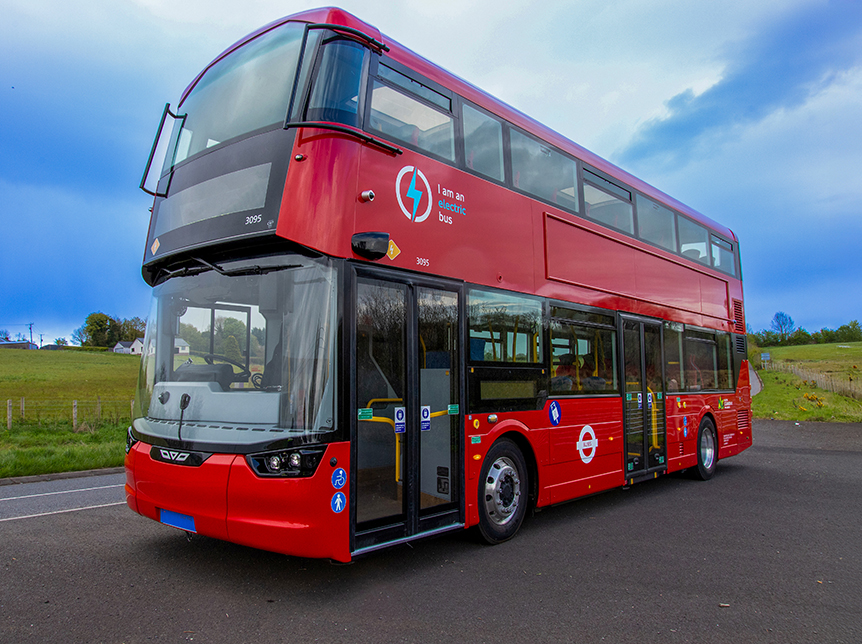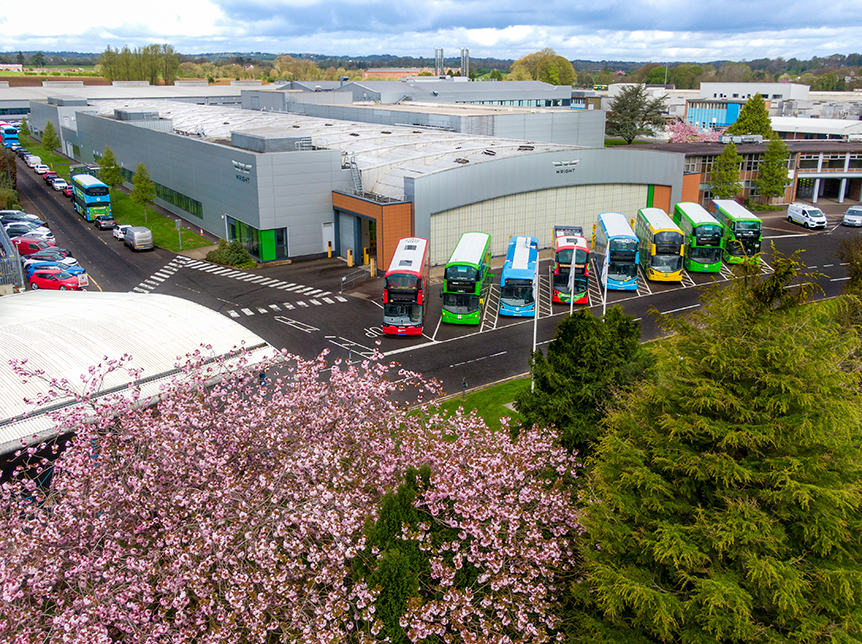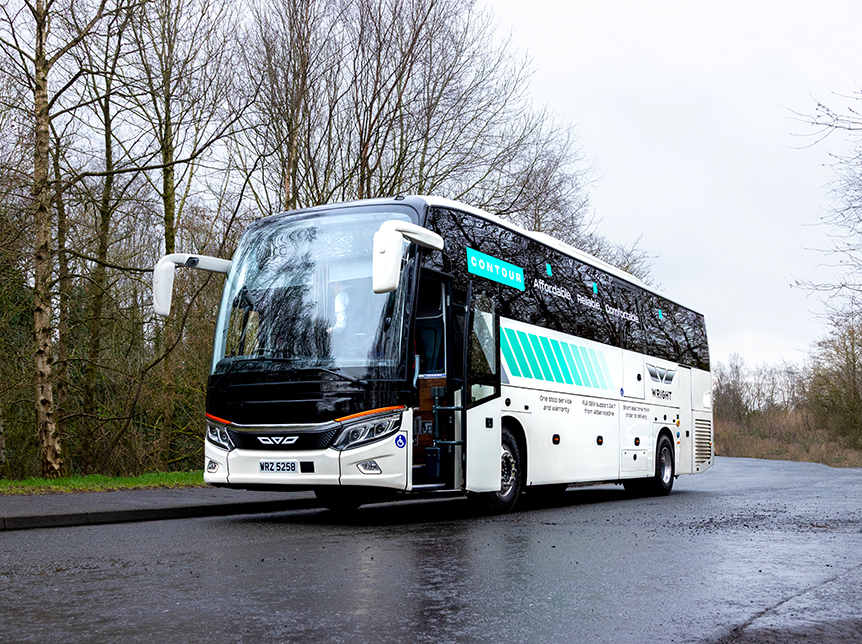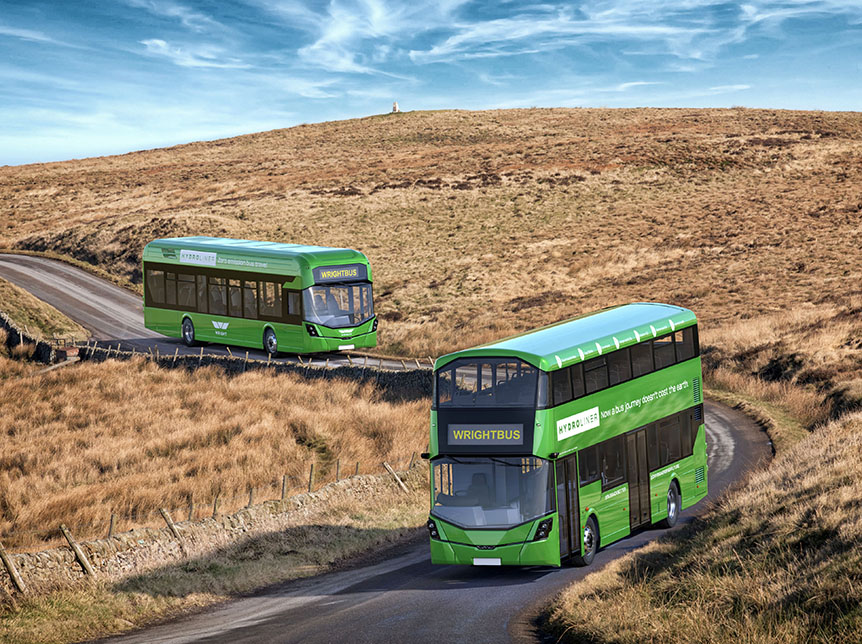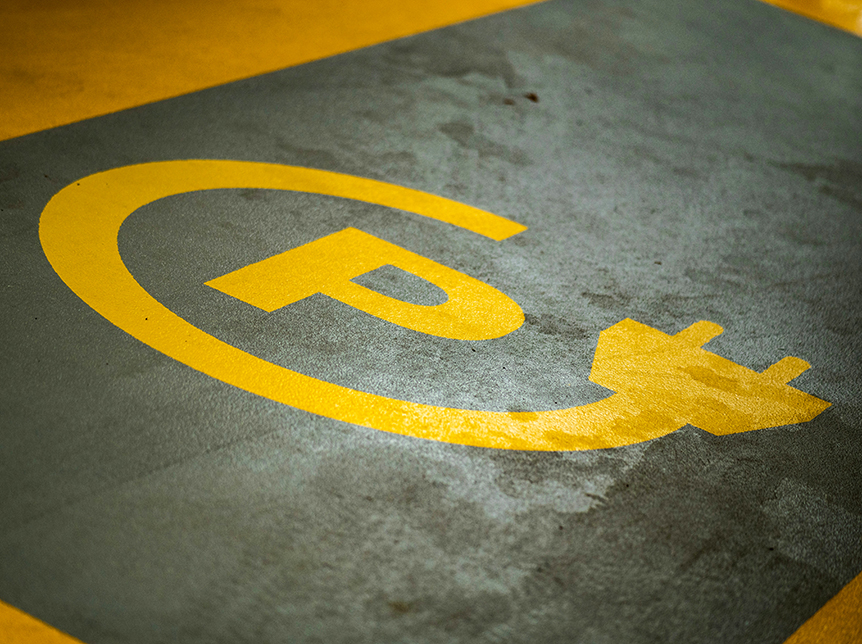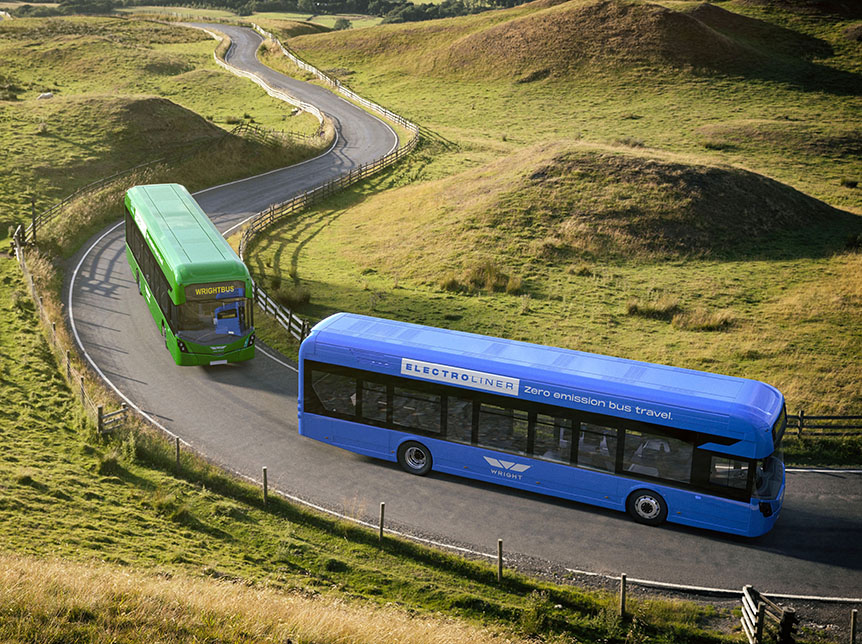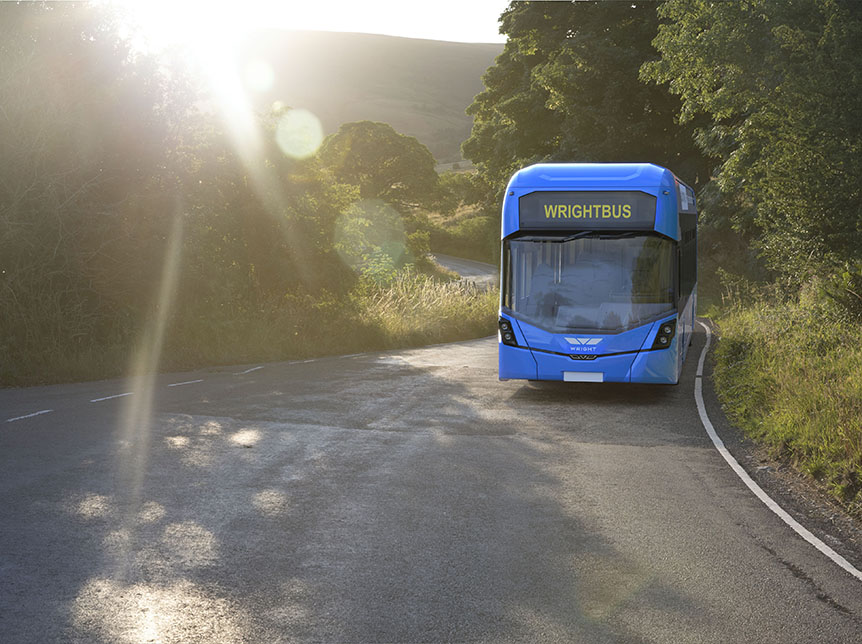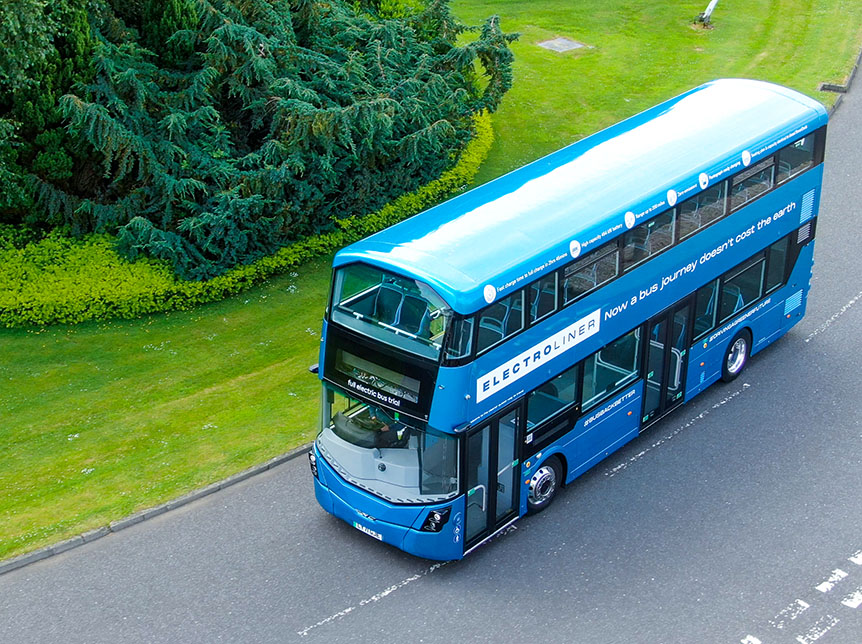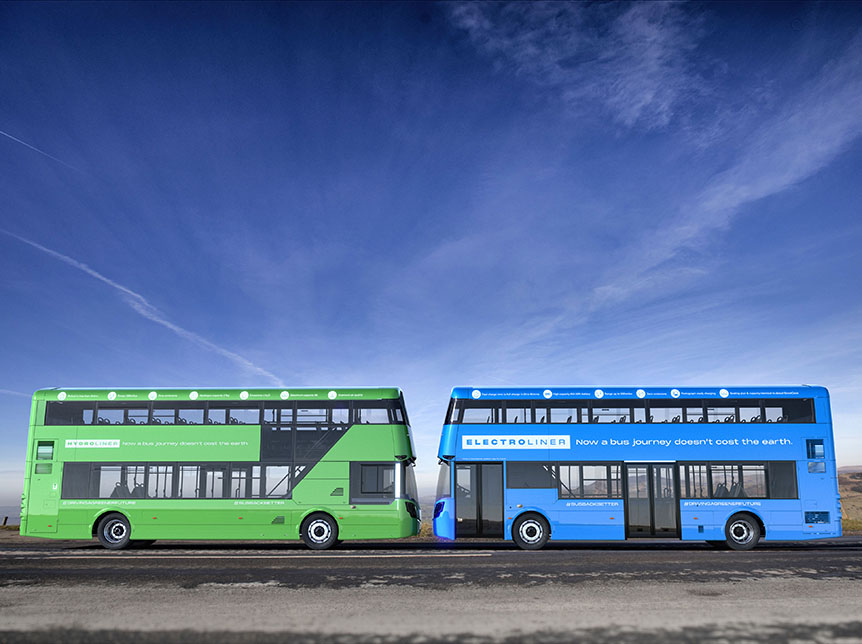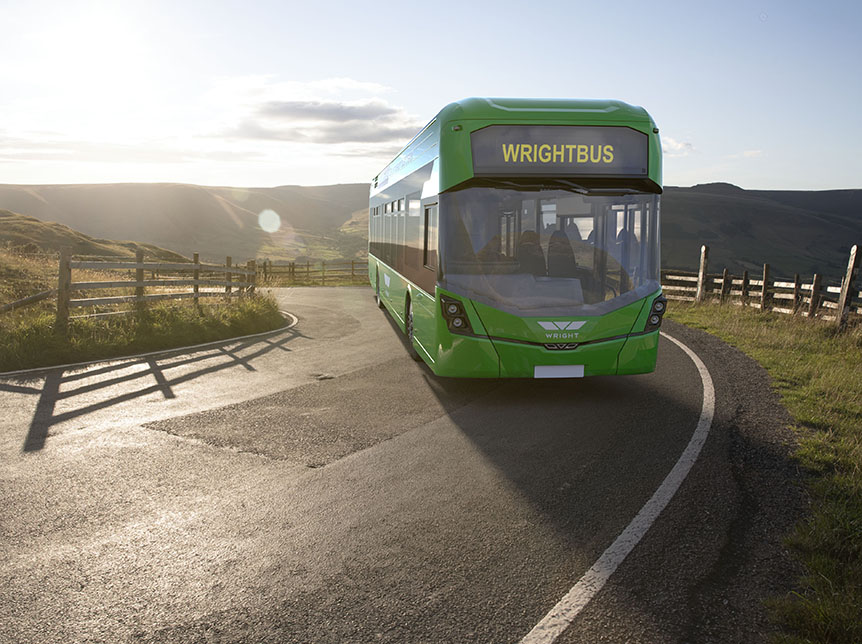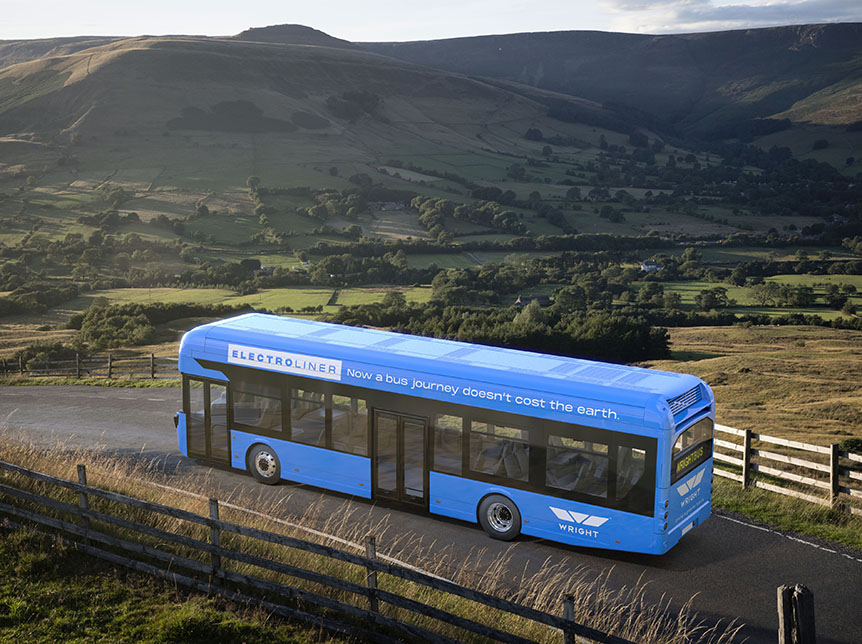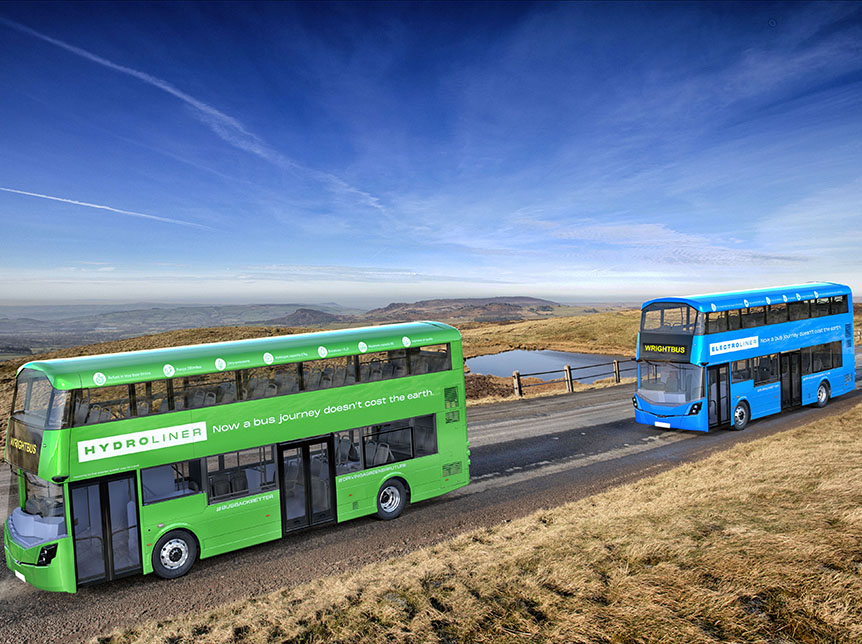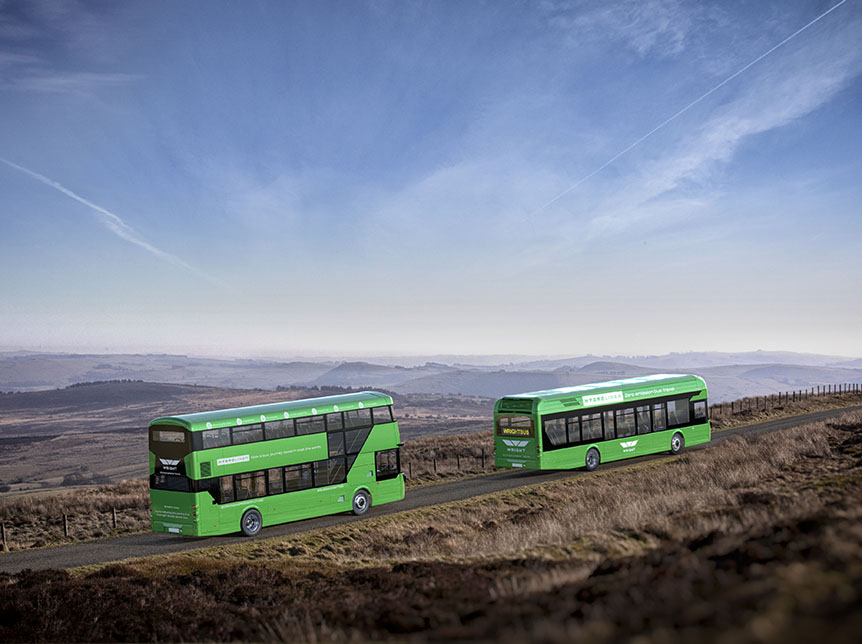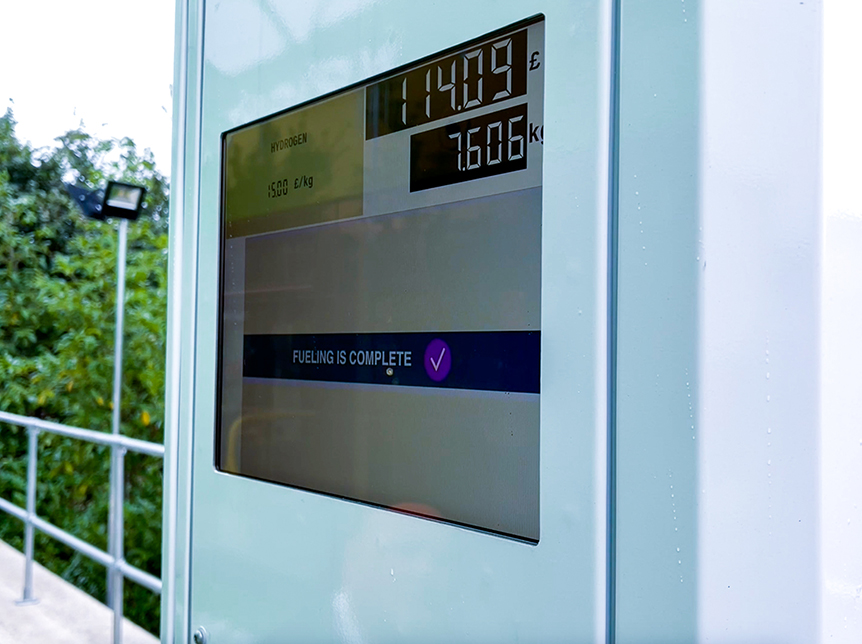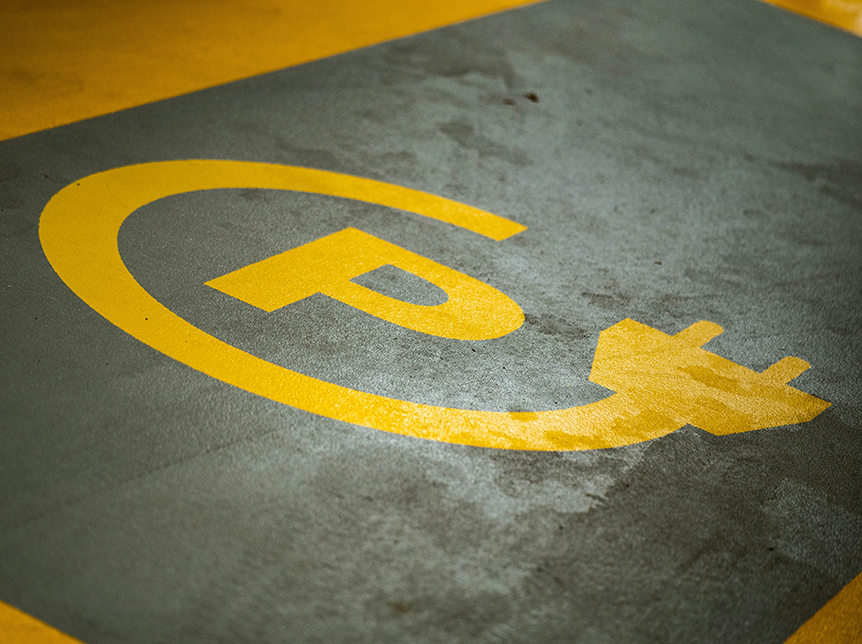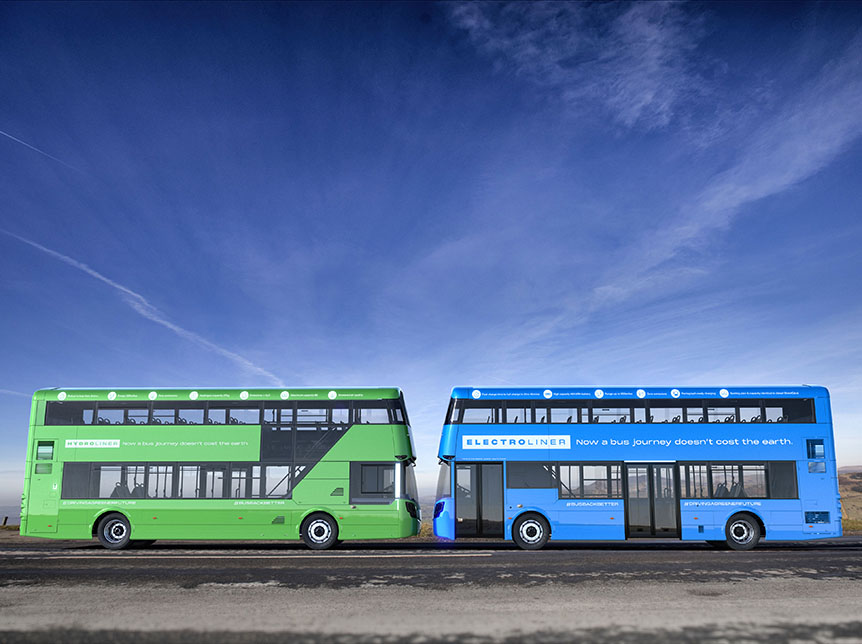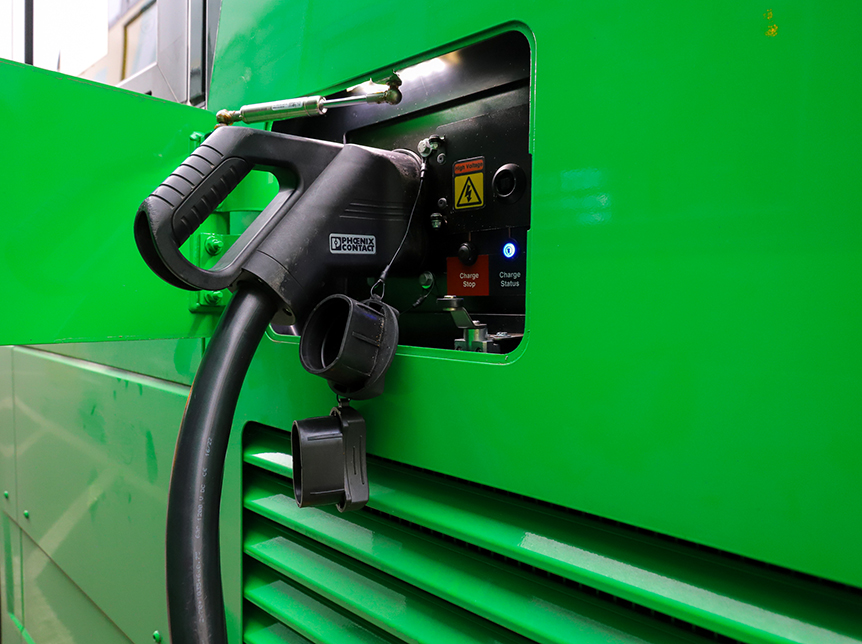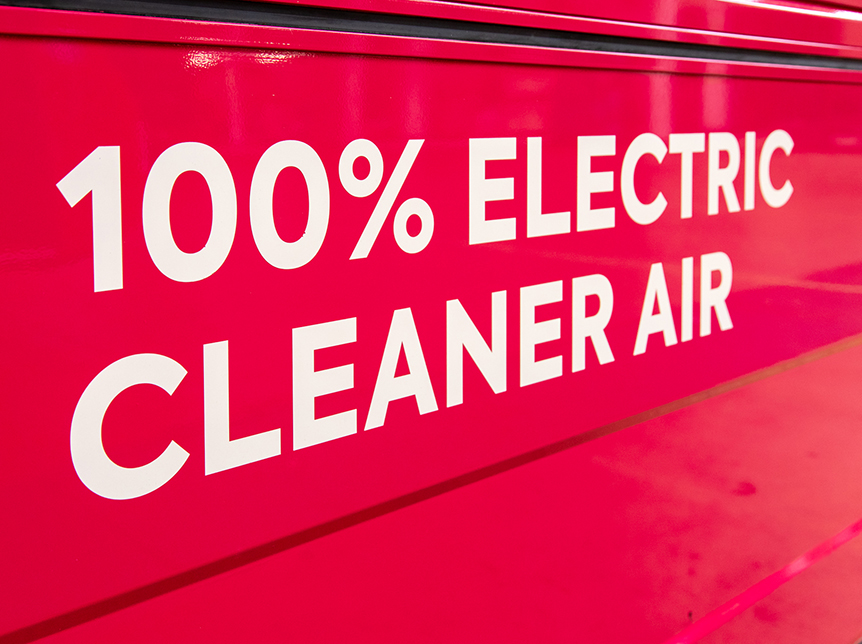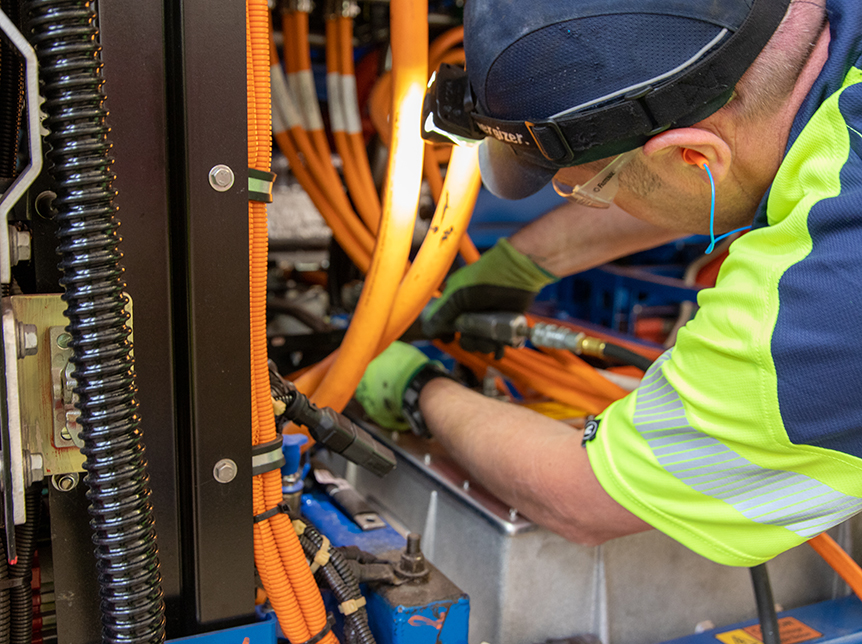
Hydrogen vehicles are emerging as a revolutionary alternative to traditional fossil fuel-powered cars, offering a promising solution for reducing carbon emissions in the transportation sector. As the world continues to focus on sustainability, “hydrogen fuel-cell electric vehicles (FCEV)” are leading the charge towards ultra low emission vehicle (ULEV) technology, paving the way for cleaner, greener transportation.
What Are Hydrogen Vehicles?
Hydrogen vehicles are powered by hydrogen fuel cells, which combine hydrogen gas with oxygen from the air to produce electricity. This electricity then powers the vehicle’s electric motor. The key advantage of hydrogen vehicles is that their only byproduct is water vapor, making them a zero-emissions mode of transportation.
The clean nature of hydrogen fuel makes it an ideal candidate for meeting global sustainability targets.
Benefits of Hydrogen Vehicles
1. Zero Emissions: Unlike traditional gasoline or diesel-powered vehicles, hydrogen vehicles emit only water vapor, making them a cleaner alternative for reducing harmful pollutants in the environment. As ultra low emission vehicles, they help lower the levels of particulate matter and nitrogen oxides that contribute to poor air quality in urban areas.
2. Long Range and Quick Refueling: Hydrogen vehicles offer the benefit of long driving ranges on a single tank of fuel, comparable to that of conventional cars. In addition, refueling a hydrogen vehicle takes just a few minutes, unlike electric vehicles that often require long charging times.
3. Sustainability and Clean Energy: The production of hydrogen fuel can be made sustainable by using renewable energy sources, such as solar or wind power, to extract hydrogen from water. This helps create a truly green energy cycle, supporting the transition to a carbon-neutral future.
4. Diverse Applications: Hydrogen vehicles are not limited to passenger cars. They can also be used in buses, trucks, trains, and even ships, making them versatile for a range of transportation needs. These ultra low emission vehicles are particularly suited for sectors like freight and public transport, where longer ranges and fast refueling are essential.
5. Reduced Dependency on Fossil Fuels: By shifting to hydrogen as a fuel source, hydrogen vehicles reduce dependence on petroleum-based fuels. This transition is crucial for enhancing energy security and reducing the economic and environmental impact of oil extraction and refinement.
Challenges and the Path Forward
Despite their potential, hydrogen vehicles face challenges in terms of infrastructure and cost. The availability of refueling stations is still limited, and the production of hydrogen remains expensive. However, with advancements in technology and increasing investment in hydrogen infrastructure, these barriers are expected to lessen over time.
Governments around the world are also supporting hydrogen adoption through policies and incentives, further accelerating the transition to ultra low emission vehicles. As technology improves, the costs associated with hydrogen production, storage, and distribution are likely to decrease, making hydrogen vehicles more accessible to the mass market.
Conclusion
Hydrogen vehicles represent a bright future for ultra low emission transportation, offering a viable path toward reducing pollution and achieving sustainability goals. As the infrastructure and technology evolve, hydrogen-powered vehicles will play a central role in creating cleaner, greener cities and driving the transition to a carbon-neutral future.
Read more
Single Decker Electric Buses: Paving the Way for Sustainable Public Transport
Read onThe Double Decker Electric Buses: Revolutionizing Urban Transportation
Read onElectric Buses and Hydrogen Vehicles: Driving the Future of Sustainable Transportation
Read onHybrid Buses: The Future of Sustainable Double Decker Transportation
Read onThe Future of Public Transit: Single Decker Buses and Hydrogen Fuel Cell Vehicles
Read onExploring the Future of Transportation: Battery Electric Vehicles and Double Decker Buses
Read onNavigating Urban Landscapes: The Versatility of Single Deck Buses and Double Deck Buses
Read onLondon's Bendy Bus Legacy and the Innovation of London Electric Vehicle Company
Read onPioneering Zero-Emission Transport: The Rise of Electric Bus Companies in the UK
Read onEmbracing Tomorrow's Roads: Zero-Emission vs. Battery Electric Vehicles
Read onThe Perfect Blend: Exploring Hybrid Electric Vehicles and the Role of Coach Builders
Read on
Get in touch
Wrightbus has been at the forefront of transport innovation since 1946, relentlessly pushing the boundaries with its commitment to quality, style and safety.
